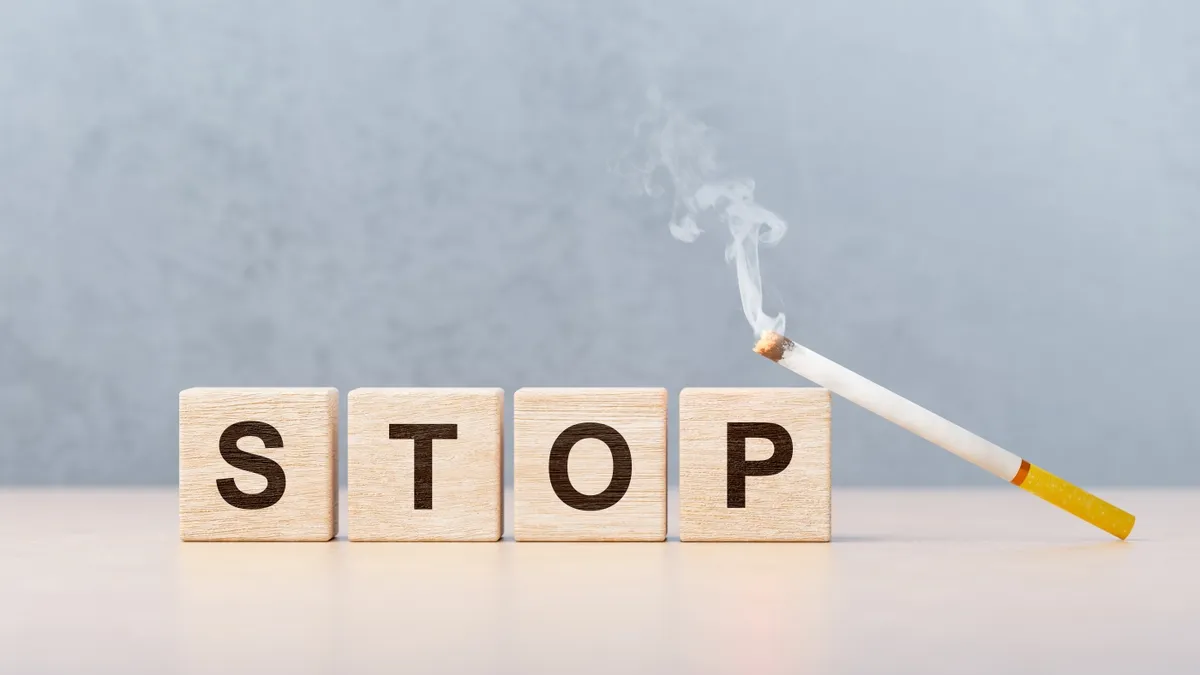
Frances Daniels, a concerned mother from Baltimore, recently delved into the Trump administration's 20-page report titled Make Our Children Healthy Again. Upon reviewing the document, she was struck by a glaring omission: significant terms related to smoking and nicotine were notably absent. The term tobacco was mentioned only once, and that reference was in relation to the Bureau of Alcohol, Tobacco, and Firearms. "I was horrified," Daniels expressed. "It never once mentioned substance usage. Specifically: nicotine." This lack of acknowledgment is particularly alarming for Daniels, as nicotine and the chemicals associated with vaping nearly claimed the life of one of her children three years ago.
Her child endured a harrowing six-week hospitalization due to EVALI, a severe lung injury linked to e-cigarette use. "They had about six tubes in their lungs at one point, draining fluid out — three on each side with machines on either side of the bed," Daniels recalled, emphasizing the dire consequences of nicotine use.
Health Secretary Robert F. Kennedy Jr. has stated that the government's strategy aims to mobilize all sectors to combat the epidemic of childhood chronic diseases. The report outlines various recommendations, including public service campaigns highlighting the risks associated with alcohol, controlled substances, and vaping. Furthermore, it advocates for stringent crackdowns on the illegal importation of e-cigarettes. Just last week, the health agency announced an impressive $86 million seizure of e-cigarettes, illustrating their commitment to addressing this public health concern.
Despite these efforts, some experts believe the report lacks the necessary strength to effectively tackle the issue. Meredith Berkman, co-founder of Parents Against Vaping E-cigarettes, finds the report's recommendations inadequate, especially when compared to President Trump's earlier emphasis on prevention during his first term. "The fact there is not a greater emphasis put on tobacco and nicotine, which are harming youth — it's very, very surprising," Berkman commented. Tobacco use continues to be the leading cause of preventable death in the United States.
Brian King, an epidemiologist and former head of the Food and Drug Administration's Center for Tobacco Products, also criticized the report's omissions. He stated, "Something to combat chronic disease without tobacco control is like attempting a triathlon without a bicycle — you are destined for failure before leaving the starting line." King's insights highlight the critical need for comprehensive tobacco regulation as part of any public health strategy.
King, now the executive vice president at the Center for Tobacco-Free Kids, pointed out the contradictions in the administration's approach. While the report suggests support for public awareness and enforcement, recent actions, such as the elimination of the unit responsible for such work at the FDA, raise concerns. Additionally, the Trump administration disbanded the Office of Smoking and Health at the CDC, which previously funded state tobacco control programs credited with significant reductions in smoking and vaping among teens.
Earlier this year, the administration also rolled back plans to ban menthol-flavored cigarettes, which are known to attract young users. Priya Fielding-Singh, director of policy at the Global Food Institute at George Washington University, remarked, "An educational campaign isn't a compelling substitute for enacting tobacco regulation to keep these products out of the hands of kids and teens."
Interestingly, smoking and vaping are reportedly falling out of favor among adolescents. Penn State public health professor Jonathan Foulds noted that young people today face various public health threats, and nicotine is not high on their list of concerns. "Nicotine is, of course, addictive and affects heart health. But not all forms of nicotine are the same," Foulds explained. He pointed out that alternatives like oral nicotine pouches and vaping may be less harmful than traditional cigarette smoking.
While Foulds believes that the risks associated with vaping should not be exaggerated, Frances Daniels holds a different perspective. "Nicotine is harmful, as well as the process of vaping — they're both harmful," she stated. Although her child has recovered and quit nicotine, Daniels continues to warn others about the potential dangers associated with these products.